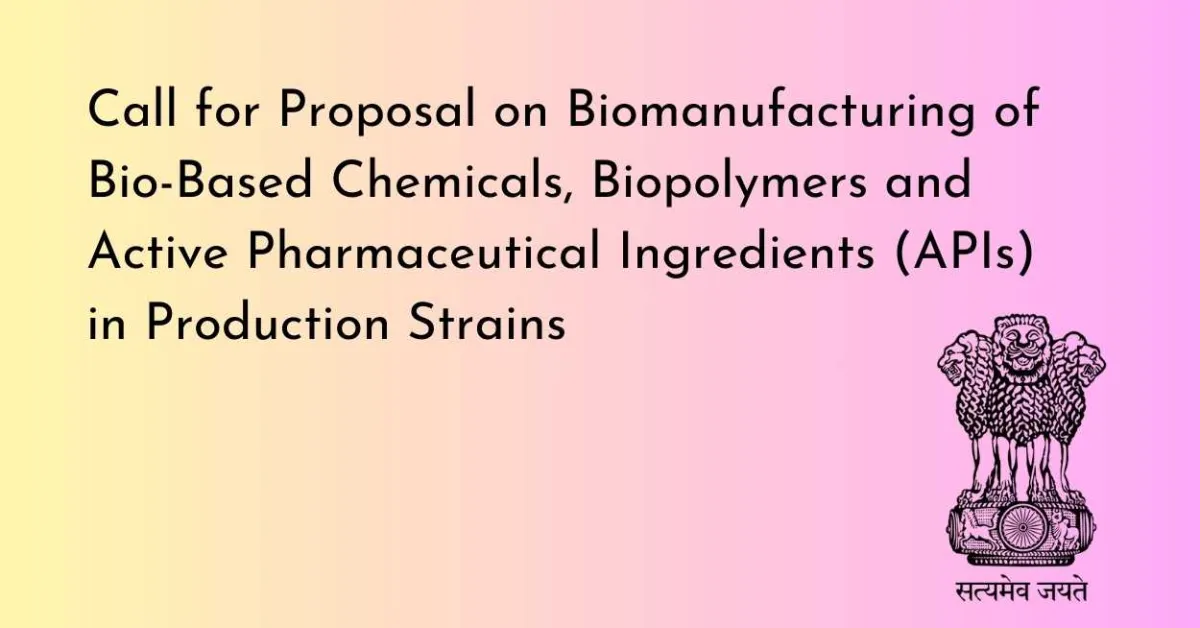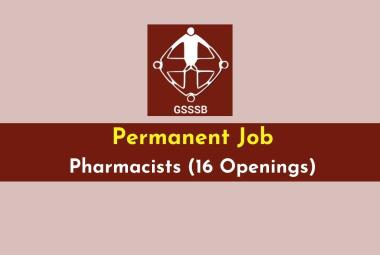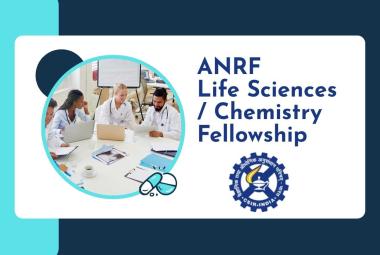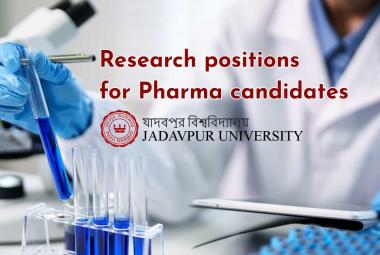Preambl
The BioE3 (Biotechnology for Economy, Environment & Employment) Policy for ‘Fostering High-Performance Biomanufacturing’, approved by the Union Cabinet in 2024, marks a bold step forward in India’s journey towards a sustainable and innovation-driven future. This visionary Policy lays the foundation for a national framework that aims to accelerate the development and scale-up of cutting-edge Biomanufacturing technologies for bio-based products.
A pivotal component in this effort is the development of platform microbial production strains—designed to serve as foundational tools for Biomanufacturing. In a groundbreaking move, DBT has initiated a national effort to make high-quality microbial platform strains accessible to Indian researchers, with a ‘freedom-to- operate’ status. These strains (along with associated toolkits) will be made available to researchers from Indian academic/research organizations, start-ups and Industry, thereby empowering indigenous innovation and accelerating Biomanufacturing activities across the country.
Scope of the Call
Currently, the majority of the chemicals, polymers, and active pharmaceutical ingredients (APIs) are manufactured by the chemical and pharma industry using fossil fuels and petrochemicals as feedstock. Existing production processes are Green House Gas (GHG) emission intensive. With increasing population the demand for fossil-fuel based chemicals, polymers and APIs is projected to grow exponentially, leading to further rise in GHG emissions. To significantly reduce carbon emission, India needs to change the ways in which chemicals, polymers and APIs are being produced in the country. With advancement in biotechnology, particularly in synthetic biology and metabolic engineering, India is poised to decarbonise the chemical and pharma industry by transitioning to less carbon-2 intensive biomanufacturing of chemicals, polymers, and APIs using sustainable bio- based feedstocks.
Against the backdrop, the DBT and BIRAC invite proposals for “Biomanufacturing of Bio-Based Chemicals, Biopolymers and APIs, particularly in indigenous Production Strains or strains with freedom-to- operate” that will be green, environmentally friendly and renewable alternatives to traditional chemicals.
The Production strains for Biomanufacturing of bio-based chemicals / biopolymers/ APIs under the call are as follows:
a. Talaromyces pinophilus L42
b. Paenibacilluspolymyxa A18
c. Saccharomyces cerevisiae NGY10
d. Chlorella sorokiniana I
e. Vibrio cholerae BB1
f. Escherichia coli SSY05 These production strains will be accessible through the“BioE3 Strain Resource Centre for fostering high performance Biomanufacturing” at iBRIC-NCCS, Pune upon the execution of legal agreements and the remittance of a one-time licensing fee. The associated information including the catalogue for production strains, instructions for users/depositors, agreement to be signed etc. are accessible through the web portal of the “BioE3 Strain Resource Centre” (nccs.res.in/src)
The proposals should preferably focus on, but not restricted to the Biomanufacturing of the following bio-based chemicals/ biopolymers/ Active Pharmaceutical Ingredients (APIs): a. Bio-based Chemicals
• Biosurfactants (Rhamnolipids, Sophorolipids)
• Pigments (violacein, anthocyanin);
• Flavor & fragrance (Nootkatone, valencene vanillin)
• Squalene (with cosmetic and medical applications),
• Itaconic acid (applications in plastic, paint, pharmaceutical, textile etc),
• Methyl ethyl diol (applications in synthesis of polyester, antifreeze, lubricants).
b. Biopolymers
• Bioplastic precursors (1,4-Butanediol; 2-3 Butanediol; Butanol, Succinic acid, Lactic Acid, Polyhydroxubutyrate, Polyhydroxyalkanotes, etc.)
• Bio-Nylon precursors (Caprolactam; muconic acid; Adipic acid)
• Biopolymers (Glycosaminoglycans; Polysaccharides)
c. APIs/ KSMs/Drug Intermediates
• Penicillin G,7-ACA, Erythromycin Thiocynate, Clavulanic Acid, Neomycin, Gentamycin, Betamethasone, Dexamethasone, Prednisolone, Rifampicin, Vitamin B1,Clindamycin Base, Streptomycin, Tetracycline, Lovastatin.
Proposals for Biomanufacturing of the above-mentioned bio-Based chemicals, biopolymers and APIs derived from indigenous production strains or strains having freedom-to-operate, which are not referenced in Section 2.1, may also be considered for this call, provided that the proof-of-concept has been demonstrated atleast at lab scale (technology readiness level (TRL) of 3 and above). It is important for the production strain to adhere to the criteria outlined in Annexure- 1. Additionally, the base-production strain, having freedom-to-operate and the associated protocols (including toolkits) must be deposited at the “BioE3 Strain Resource Centre” at iBRIC-NCCS, Pune (nccs.res.in/src), to facilitate its subsequent use by Indian researchers, start-ups and industry.
2.4 The proposals in this call will be supported under two categories
(i) Discovery & Application-Oriented Integrated Network Research, and
(ii) Bridge the Gap for Scaleup.
(i) Discovery & Application-Oriented Integrated Network Research: The proposals under this category are invited for establishment of Proof-of– concept and early-stage validation in a bioreactor (upto100L) to eventually reach TRL 3-5 and will focus on :
a. Demonstration of bioproduction of metabolites
b. Outlining the minimal benchmark (titer/ productivity/scale) for the product
c. Strain/metabolic engineering for improved yield/titer of the metabolite.
d. Further development of a strain and toolkit to enable biomanufacturing.
(ii) Bridging the Gap for Scale-up The proposals are invited for pilot-scale demonstration of technology in a bioreactor above 100 L to eventually reach TRL-7 or above and will focus on:
a. Use of simple sugars to effectively realize bioproduct development.
b. Optimization, upscaling and down-streaming (recovery & purification) of existing technologies.
c. Outlining the minimal benchmark (titer/ productivity/scale) for the product.
d. Intensive strain engineering to further increase yield/titer of the bio-based chemical in an already up-scaled process.
Key Requirements for the Proposed Projects
The proposed study should indicate mandatorily the following aspects in the proposal :
a. Reasons for the selection of production strain.
b. Mandatory submission of information for stains not referenced in Section 2.1(Annexure-1).
c. Details of the bio-based chemical, biopolymer and API chosen for Biomanufacturing [Import/Export data, current TRL-level (both national & international), Market value and cost (domestic) and applications.
d. Documents supporting the current TRL level of the technology and the TRL proposed to be attained at the end of the project duration.
e. Outline the minimal benchmark (titer/ productivity/scale) proposed to be attained for the selected bio-based chemical/ bioploymer/API.
f. Gap in the existing technology and strategies proposed to address the gap.
g. Sustainability of the process from an economic and environment point of view.
h. Scalability of the technology and its commercialization potential.
Eligible Organizations
Researchers/Scientists working in Government Organisations/ Universities/Academic Institutions/National Laboratories/DSIR recognised Non-Profit Organisations/ Start-ups/ Industries with sound scientific & technical backgrounds and relevant publications in the proposed areas can submit the research proposals addressing various problem statements. Partnership of academia with industry and start-ups is encouraged.
Academic Organizations
a. Proposals may be submitted by interested applicants engaged in research activities at various Institutions/Universities/Societies/Trusts/NGOs/ Foundations/Voluntary Organizations, recognized as a Scientific and Industrial Research Organization (SIRO).
b. The Principal investigator must have at least four years of the employment remaining in the institution at the time of proposal submission.
Industry
a. Eligibility criteria for the Industries will be as per “Implementation Plan for the Biomanufacturing and Biofoundry Initiative” attached at Annexure II.
b. Pre-requisite documents required to be submitted by the Industry as per the BIRAC norms are as follows:
Companies / Startups
a. Incorporation certificate.
b. CA/CS certified shareholding pattern as per BIRAC format (Companies having a minimum of 51% Indian shareholding / individuals holding Indian passports are only eligible) mentioning UDIN number.
c. Details regarding in-house R&D facility, if any; or Incubation Agreement with recognized Incubator.
d. Audited financial details of latest last three financial years,
e. Copy of passports of the shareholders if required (in support of 51% eligibility criteria).
Limited Liability Partnership
a. Incorporation/Registration Certificate.
b. Partnership deed; CA/CS certified certificate which states that minimum half of the partners are Indian citizens mentioning UDIN number.
c. Copy of passports of Indian partners/subscribers
d. Research mandate/ details regarding in-house R&D facility, if any/Incubation agreement
e. Audited financial details of the last three financial years; Companies/LLP if recommended have to provide a declaration stating that Company/LLP is not in default of BIRAC OR any other organization. Further there are no Legal Proceedings going against the applicant.
Mode of Submission
Proposals maybe submitted by both Academia and Industry applicants, either independently or as a collaborative project.
a. For proposals from Academia/Research Institutions/National Laboratories: Interested applicants should submit the proposals in the prescribed format duly forwarded by the executive head of the institution through the Department’s e-ProMIS portal (dbtepromis.nic.in).
b. For proposals from Start-ups/Industry/ Industry-Academia collaborations/ Start-up-Academia collaborations/ DSIR recognized Non- Profit Organizations: Interested applicants should submit the proposals in the requisite format duly forwarded by the Head of the Company/ Institution by logging to the BIRAC website (birac.nic.in).
Evaluation Criteria
The proposals will be evaluated as per existing norms of DBT and BIRAC.
Funding Modalities
a. Projects having academic partners only will be funded by DBT. Projects involving Academia and Industry or only Industry will be supported by BIRAC.
b. Extent of funding will depend on the proposed activities and will be in alignment with the “Implementation Plan for the Biomanufacturing and Biofoundry Initiative” attached at Annexure-II.
c. Project duration will be upto 2 years, extendable upto 5 years based on the performance.
Last date for submission of proposals is 31th July, 2025
See All Indore Alerts B.Pharm Alerts M.Pharm Alerts M.Sc Alerts
See All Other Jobs in our Database
Subscribe to Pharmatutor Job Alerts by Email









